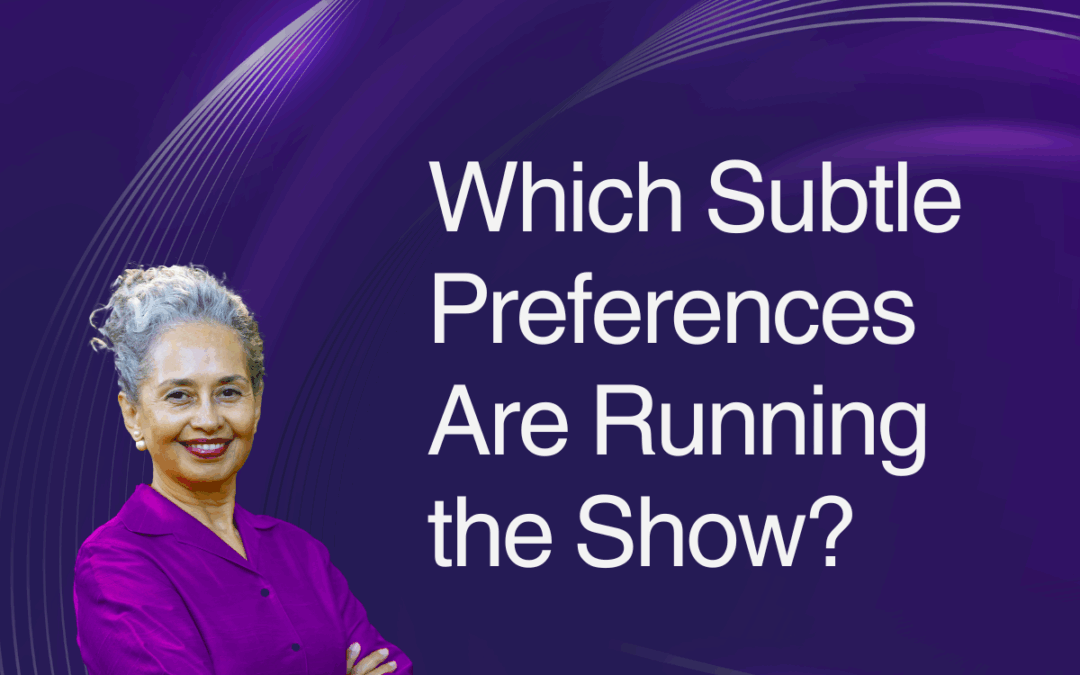Recently, I was in a team meeting discussing the launch of a new programme. I found myself doubling down on a particular mode of thinking: analytical, sequential, structural. I thought those perspectives were missing from the conversation, so I leaned in harder.
But in doing so, I lost connection with the people in the room. My contributions left others disengaged. I didn’t move the conversation forward, I eroded trust.
That moment lingered.
I like to think of myself as open-minded and accepting of difference. But is that true?
I don’t believe I judge others based on visible traits like skin tone, language, or religion. But I’ve come to suspect that my blind spots live elsewhere, in subtle differences in how people think, make decisions, and engage with the world.
These cognitive preferences are harder to notice and thereby more insidious.
To get through life, I rely on mental shortcuts and pattern recognition (don’t we all?). But some of those shortcuts become blind spots. They quietly run the show beneath my awareness.
In moments of stress or urgency, I can be oblivious to my bias toward certain ways of thinking. I unconsciously value cognitive styles that mirror my own: strategic, fluid, context driven. And I might discount those who are more risk-averse, who prefer predictability, or who hold tight to consistency.
These aren’t moral judgments, nor do they determine leadership effectiveness, they’re just preferences. But they matter. Because they shape who I naturally connect with and who I hold, without meaning to, at arm’s length.
And that’s where I notice the gap between my values and my behaviour.
If I truly believe that we all long for connection and belonging, then I need to examine how my subtle preferences act as filters. Not walls, perhaps but quiet barriers that keep some people out.
It’s easy to surround myself with people who feel familiar. There’s less friction. It’s more enjoyable. Things get done more easily. And it’s easier to feel like I belong.
That’s human. We all move toward comfort.
But we live in a multicultural, multigenerational world. We’re constantly interacting with people who think and perceive differently, often in ways shaped not by culture or education, but by biology, temperament, or cognitive wiring.
My comfort has a cost.
Those subtle preferences, so easy to dismiss as harmless, can quietly undermine my effectiveness, and steer me away from others and the values I hold.
If I’m serious about connection—real, inclusive connection—I have to keep uncovering where I lose sight of it. And do the work to close the gap.

